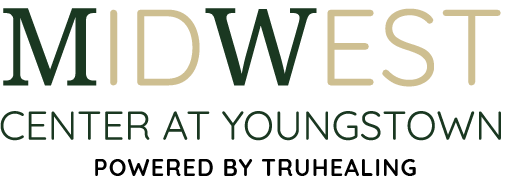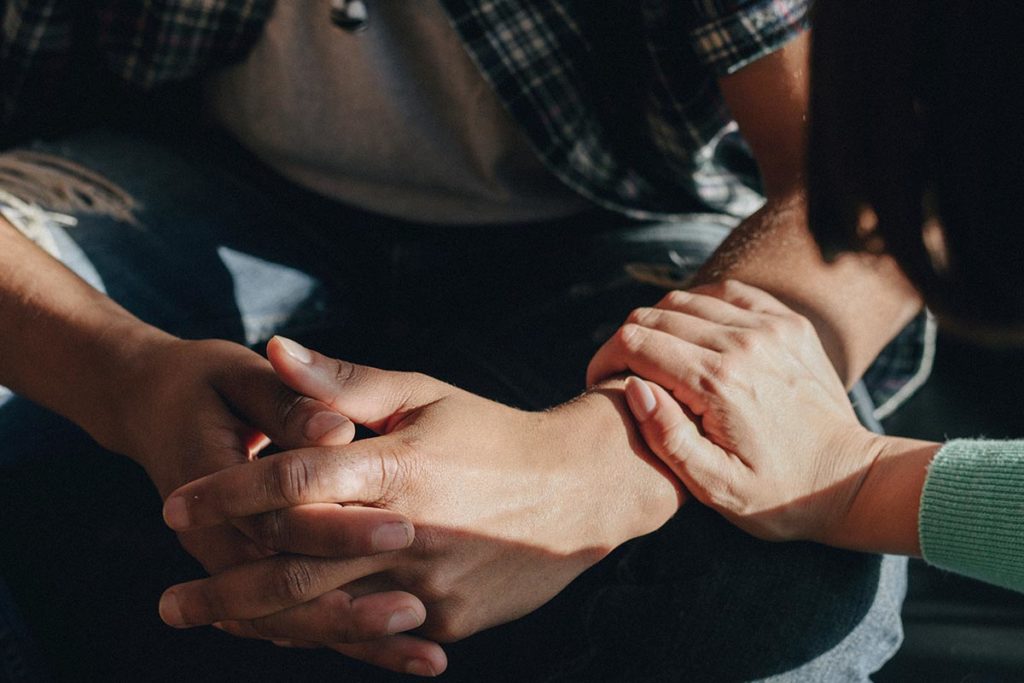Millions of Americans struggle with drug and alcohol addiction every year. As such, millions of family members are impacted by addiction. Supporting a loved one who has an addiction is not always an easy process. Learning how to help someone through rehab may not be quick, but it will be worth it. Family and friends of people with addiction play an essential role in recovery. People struggling with addiction need aid and support. At the same time, their recovery does not fall on your shoulders alone. Rather, family therapy is part of a comprehensive approach to helping your loved one overcome addiction. Contact Midwest Center at Youngstown by calling 844.544.0502 to learn more about our available addiction treatment services.
How to Support Someone Through Rehab
Your loved one entering rehab does not mean they no longer need you. There is a world of good you can do after they enter rehab to support them during their recovery. You can let them know you have their back. Figure out how to support someone through rehab using the following tips.
Regularly Check in with Your Loved One and Listen
Dealing with addiction can be lonely. That isn’t necessarily going to change after someone enters treatment. Sure, they are surrounded by professionals and other people in treatment. However, they may feel isolated from their family and social connections. Be sure to check in with your loved one on a regular basis. Visit in person when possible. Call and text them often. And when you’re chatting with them, be sure to listen carefully and try to understand their difficulties and struggles. You may not entirely understand what they are going through or why quitting a drug is so hard for them. But you can be judgment-free and engaged with what they share. It will mean a lot coming from someone who knows them well.
Encourage Healthy Lifestyle Habits
Therapy and other addiction treatment services encourage people to engage in healthy habits as a component of their recovery. You can aid in that effort by being another source of encouragement in this regard. Things like proper sleep, personal care, eating healthy, and getting regular exercise can all benefit people in recovery. Model the behavior for your loved one. You can even act as an accountability partner for things like eating healthy and exercising.
Educate Yourself About Addiction
Most people bring a host of misconceptions and misunderstandings to the table when it comes to addiction. Societal stigma abounds, and the messages we receive about people with addictions are often not fully based in reality. Take time to educate yourself about the science behind addiction and specifically learn about the addiction your loved one is struggling with.
Maintain a Trigger-Free Environment
Your loved one may begin with inpatient addiction treatment or attend a residential rehab facility. Over time, they will likely reduce that to outpatient, and eventually, they will return home. One of the best things you can do is to maintain an environment for your loved one that is free of addiction triggers. That could look like not having any alcohol in the house, keeping your prescriptions under lock and key, or helping them avoid social situations that might trigger a relapse.
Engage in Self Care
Throughout the recovery process, do not neglect yourself at the expense of your loved one. If your mental and physical tank is drained, you will be of no use to them. Supporting them effectively means also taking care of yourself so you can bring your best self at the right times to help them.
Discover Transformational Addiction Treatment with Midwest Center at Youngstown
Not everyone is successful during their first stab at recovery. Sometimes, that’s because they didn’t find the right fit for treatment. If your loved one has tried treatment before but didn’t experience the outcomes they hoped for, consider Midwest Center at Youngstown. Our wide range of addiction treatment services include:
- Residential treatment
- Detox management
- Partial hospitalization
- Outpatient and inpatient programming
- Individual and group counseling
- Holistic wellness
- Fitness programs
Medicaid and many different types of insurance are accepted to ensure treatment affordability. Call us at 844.544.0502 to find out what makes Midwest Center at Youngstown a leader in the addiction treatment space.

